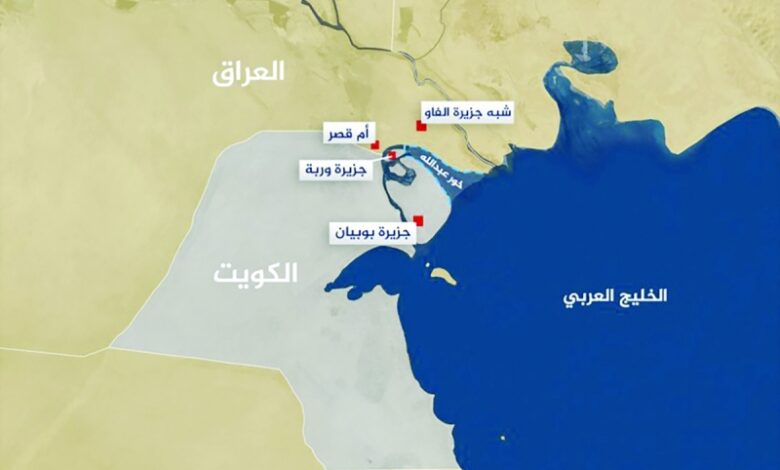
The Khor Abdullah maritime navigation agreement, signed in 2012 between Kuwait and Iraq, aimed to regulate navigation in a critical waterway and marked progress toward resolving post-invasion tensions.
The treaty was built on UN Security Council Resolution 833 (1993), which demarcated borders between the two nations, reports Al-Rai daily.
The Iraqi Federal Supreme Court upheld the treaty’s constitutionality in 2014, validating its full ratification process, including parliamentary approval and registration with the United Nations and International Maritime Organization.
However, in a surprising reversal in 2023, the same court ruled it unconstitutional citing procedural technicalities — claiming a two-thirds parliamentary vote was not achieved — igniting legal and political controversy.
In July 2025, Iraq’s president and prime minister referred the matter to parliament — widely seen as a political deflection amid election season, with no real legislative resolution expected.
Kuwaiti legal and political analysts argue that the treaty remains valid internationally and cannot be unilaterally revoked under the 1969 Vienna Convention on the Law of Treaties.
The reversal damages Iraq’s international credibility and could threaten its strategic projects, including the Faw Port, Development Road, and participation in China’s Belt and Road Initiative.
Kuwait continues to act with legal restraint and diplomatic maturity, affirming its sovereignty and unwillingness to concede any part of its territory.
Scholars including Munther Al-Habib, Faisal Bousleib, Hamad Al-Qahtani, and Abdulaziz Al-Saif stress that Iraq’s reversal weakens its legal standing and global trust.
The agreement was not about border demarcation (which was already settled), but maritime navigation.
Domestic Iraqi rulings cannot supersede international agreements or affect Kuwait’s rightful position, and unilateral withdrawal is non-binding in international law.
They emphasize that political opportunism in Iraq is at the root of this escalation — not a legitimate legal dispute — and warn that provoking tension in such a sensitive region serves no long-term Iraqi interest.
Kuwait, aligned with New Kuwait 2035, continues to develop Mubarak Al-Kabeer Port and other strategic projects in accordance with recognized international borders, committed to peace, cooperation, and international legitimacy.
Follow The Times Kuwait on X, Instagram and Facebook for the latest news updates












